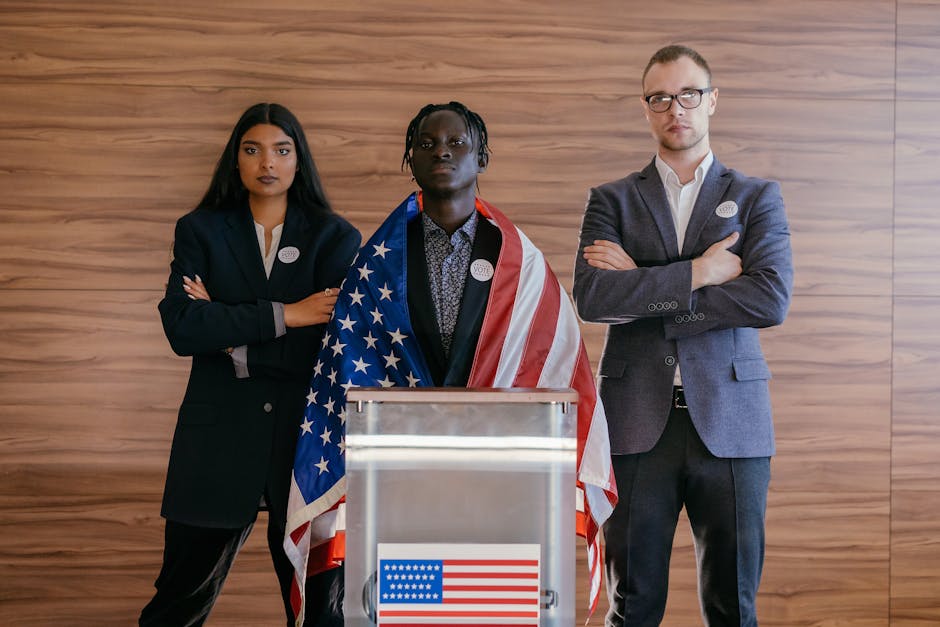Trump Claims Influence Over India’s Energy Policy
In a wide-ranging CNBC interview, former US President and presumptive Republican nominee Donald Trump claimed that India has “largely stopped” purchasing Russian oil, attributing the supposed shift to his personal influence. Alongside his remarks on energy, Trump also hinted at a potential presidential visit to India next year if he wins the 2024 election.
The comments, characteristic of Trump’s assertive political style, provide a glimpse into the potential foreign policy of a second Trump administration, particularly concerning Indo-US relations. However, a closer examination of India’s energy import data reveals a reality that diverges significantly from his claims.
Fact-Check: Has India Really Stopped Buying Russian Oil?
Trump’s central assertion was that he personally discouraged India from buying Russian crude. “I’m the one that stopped it,” he told CNBC. “India has cut back, from what I understand, they’ve cut back substantially.”
The data tells a different story. Far from stopping, India emerged as one of the largest importers of seaborne Russian crude following the invasion of Ukraine. Indian refiners, capitalizing on significant price discounts, dramatically increased their purchases, making Russia the nation’s top oil supplier for much of the last two years and displacing traditional partners like Iraq and Saudi Arabia.
While recent months have seen some fluctuations in import volumes—which market analysts link to narrowing price discounts and refinery maintenance—the term “largely stopped” is a significant mischaracterization. India’s energy strategy is guided by a pragmatic policy of strategic autonomy, a cornerstone of the Modi government’s approach. This policy prioritizes securing affordable energy for its 1.4 billion people, with national interest, not external persuasion, dictating its critical import decisions.
Modi Relationship and a Potential 2025 India Visit
More telling for diplomatic observers was Trump’s hint at a future visit. When asked if he would travel to India if re-elected, he was affirmative. “India is a great country,” Trump said. “I have a great relationship with Prime Minister Modi and we had a great relationship with India.”
This recalls the strong public bonhomie between the two leaders during Trump’s first term, highlighted by the massive “Howdy, Modi!” rally in Houston and the reciprocal “Namaste Trump” event in Ahmedabad. Trump’s consistent praise for PM Modi is seen as a strategic move to appeal to the influential Indian-American diaspora, a crucial demographic in several US swing states.
A potential 2025 visit signals Trump’s intent to revive this high-profile personal diplomacy. For India, this presents a mixed bag: the personal chemistry could facilitate dialogue on complex trade and security issues, but Trump’s transactional “America First” approach would require careful navigation from New Delhi.
What Trump’s Comments Mean for US-India Relations
Ultimately, Donald Trump’s comments are best understood as campaign rhetoric designed for a domestic American audience. By claiming credit for a policy shift in India that hasn’t occurred, he projects an image of a powerful global influencer to his voter base.
For India, the key takeaway is not about its current oil trade but about the political landscape of a potential Trump 2.0 presidency. The established rapport with Prime Minister Modi would likely continue, but it would be paired with an unpredictable, transactional foreign policy. As the US election in November approaches, New Delhi will be preparing for a future where diplomatic agility is paramount.




